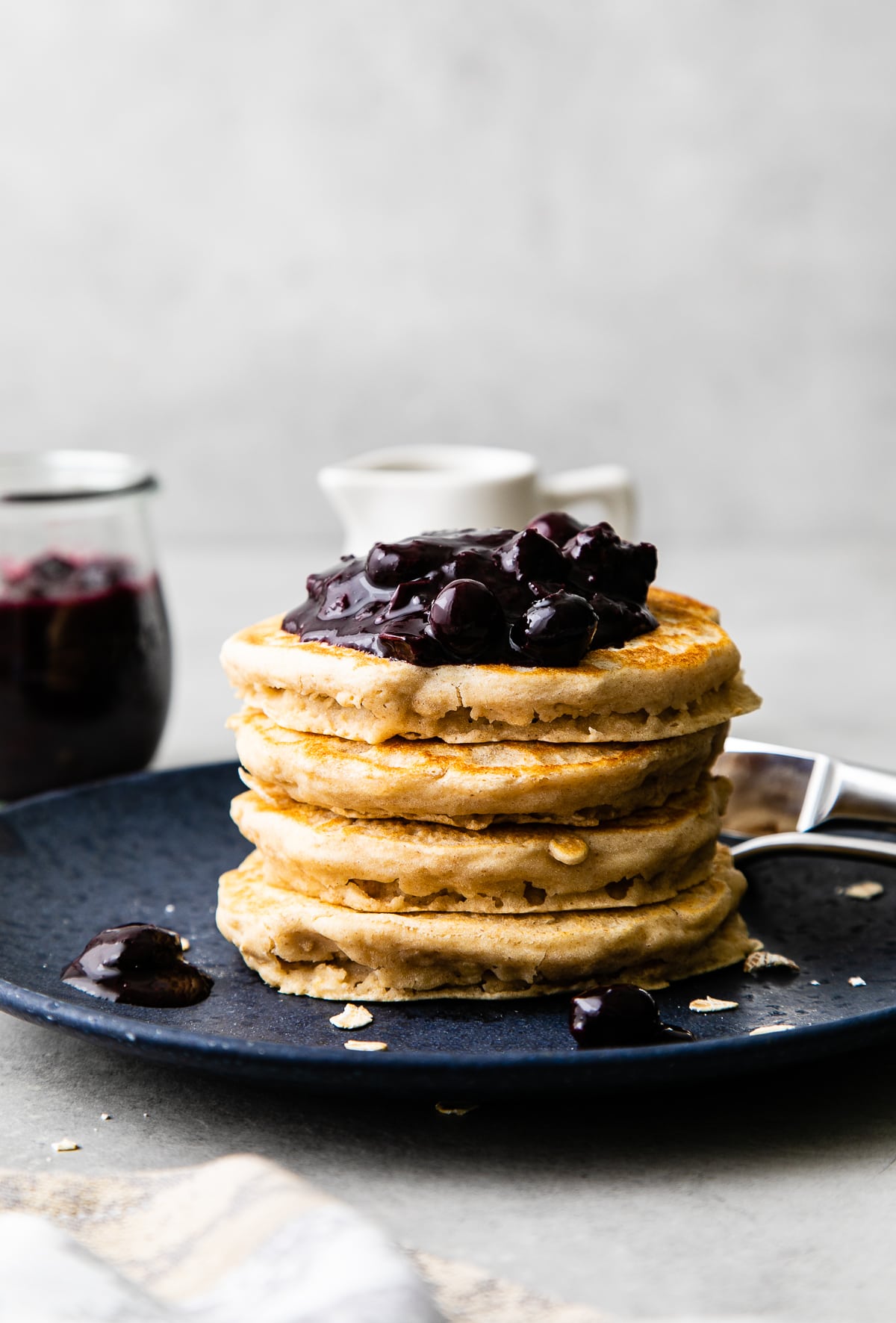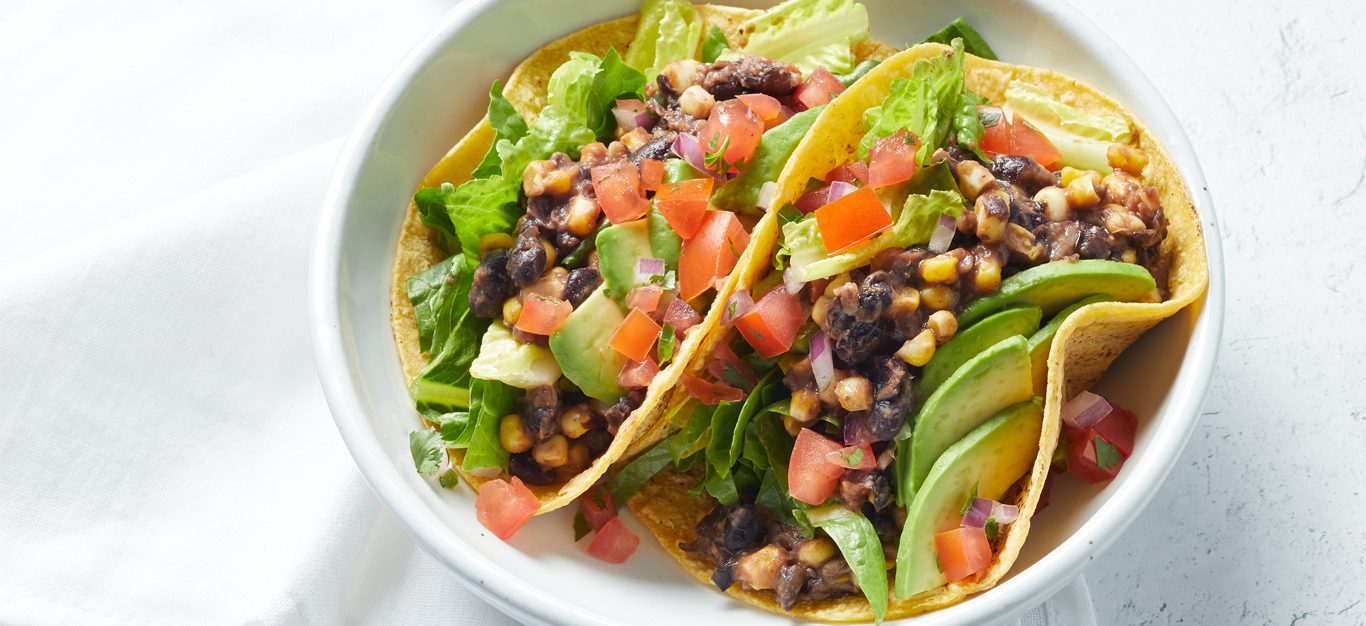In recent years, the world has witnessed a growing interest in vegan and plant-based diets. However, one persistent misconception often arises when discussing plant-based eating: the concern about protein intake. Many people believe that animal products are necessary for meeting protein requirements, but the truth is, we can obtain more than enough protein from plant-based sources alone. In this blog post, we will explore the protein obsession and shed light on how to get ample protein on a whole-food vegan diet while debunking the myth that we must consume animals to meet our protein needs.
#1 - Protein Requirements and Myths:
Let's start by understanding our protein requirements and debunking some common myths surrounding protein intake. The average adult's protein requirement is around 0.8 grams per kilogram of body weight, a value that can easily be met with a well-planned vegan diet. Protein is found abundantly in various plant-based foods, and the myth that plant proteins are inferior to animal proteins has been thoroughly disproven by scientific research.
#2 - Protein-Rich Plant-Based Foods:
Plant-based diets offer a wide array of protein-rich foods that can fulfill our dietary needs. Here are some excellent sources of plant-based protein:
- Legumes: Beans, lentils, chickpeas, and peas are not only high in protein but also packed with fiber and essential nutrients.
- Grains: Quinoa, brown rice, oats, and whole wheat products provide a decent amount of protein and can be incorporated into many meals.
- Nuts and Seeds: Almonds, walnuts, chia seeds, hemp seeds, and flaxseeds are not only rich in healthy fats but also contain substantial amounts of protein.
- Soy Products: Tofu, tempeh, and edamame are versatile and protein-dense options for vegan meals.
- Vegetables: Broccoli, spinach, Brussels sprouts, and peas are examples of protein-rich vegetables that can contribute to a well-rounded diet.
#3 - Combining Protein Sources for "Complete Proteins":
While individual plant-based foods contain varying amounts of protein, it's unnecessary to obsess over combining protein sources in a single meal to create a "complete protein." Our bodies are capable of storing and utilizing amino acids throughout the day, allowing us to meet our protein needs through a varied diet. By consuming a diverse range of plant-based foods throughout the day, we naturally obtain all the essential amino acids necessary for optimal health.
#4 - Planning a Balanced Vegan Diet:
To ensure adequate protein intake on a whole-food vegan diet, it's essential to plan meals that include a variety of plant-based protein sources. Aim for a balanced mix of legumes, whole grains, nuts, seeds, and vegetables. Additionally, incorporating a source of vitamin B12, such as fortified foods or supplements, is recommended for vegans, as this nutrient is primarily found in animal products.
The protein obsession surrounding plant-based diets is based on misconceptions and outdated beliefs. With a well-planned whole-food vegan diet, we can effortlessly meet our protein needs while enjoying a sustainable, compassionate, and healthful lifestyle. Embracing a plant-based way of eating not only benefits our own well-being but also contributes to the welfare of animals and the preservation of our environment. So, why not go vegan today? If you need some help getting started, check out our Beginner's Guide to Veganism, we've also added some of our favorite quick, simple, and easy recipes below, so you can start diving into the delicious and nutritious world of veganism.
VEGAN OATMEAL PANCAKES (HEALTHY + EASY) - By Simple Veganista

20-MINUTE BLACK BEAN TACOS - By Forks Over Knives

10 EASY MEALS FOR VEGAN BEGINNERS - By Veg News



